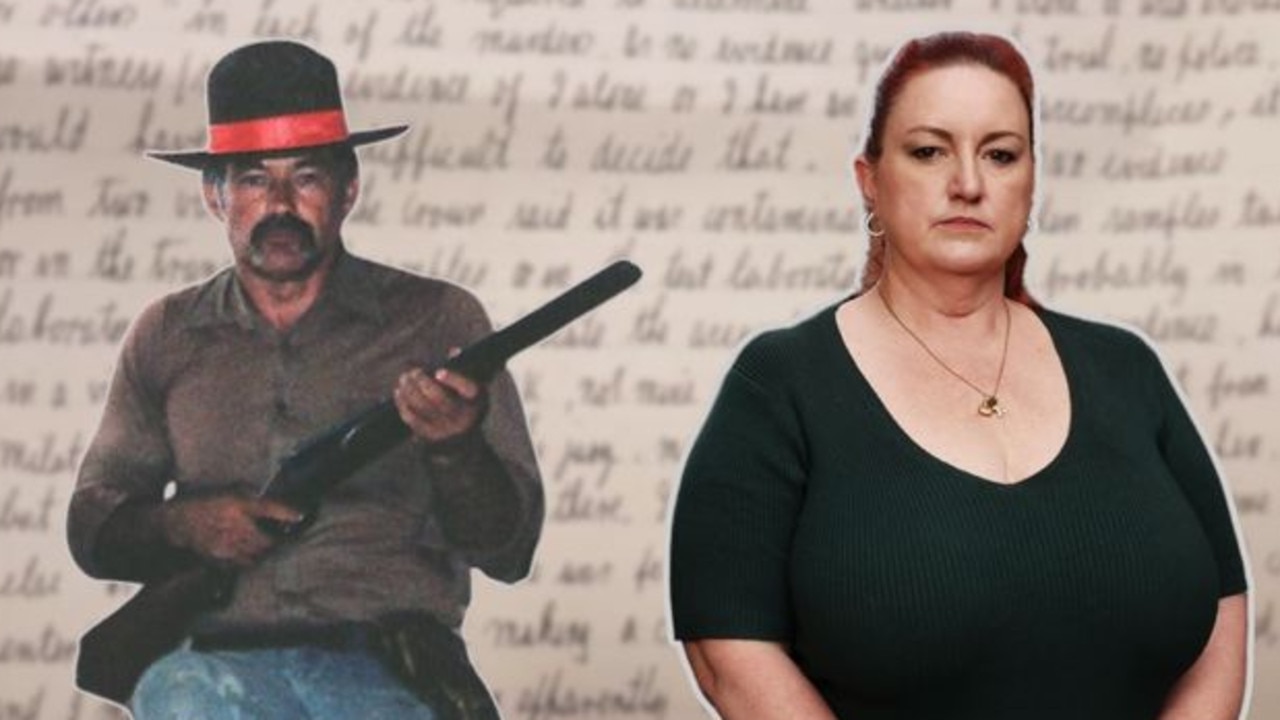Baby in the post case could finally be solved by DNA
A major development means the identity of a baby whose body was sent in a package across Australia might finally be known. Warning: Graphic.
The Missing Australia
Don't miss out on the headlines from The Missing Australia. Followed categories will be added to My News.
It’s the grisly mystery that has baffled police for almost six decades.
But a major development means the identity of a baby who whose body was sent in a package across Australia might finally be known. Here are the 11 things you need to know.
WHAT HAPPENED?
Sent to “J Anderson” with a fake return address, the baby was posted from Melbourne on May 3, 1965, sitting at a Darwin post office for eight days until staff noticed a putrid smell.
Inside the seeping parcel, wrapped in newspaper, they discovered the decomposing naked body of a baby with his umbilical cord still attached and a stocking wrapped tightly around his neck.
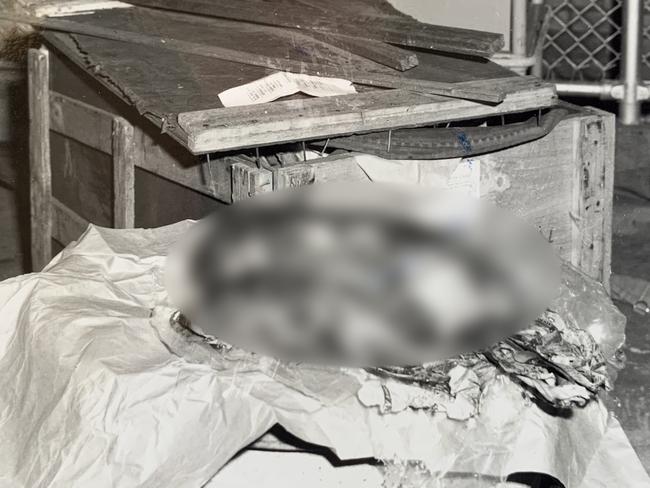
PODCAST UNCOVERS STARTLING CLAIM
An investigation by The Missing podcast revealed the package was likely sent to former champion AFL player Jimmy Anderson, whose daughter Amelia offered to supply DNA samples in the hopes of proving the baby was her older brother.
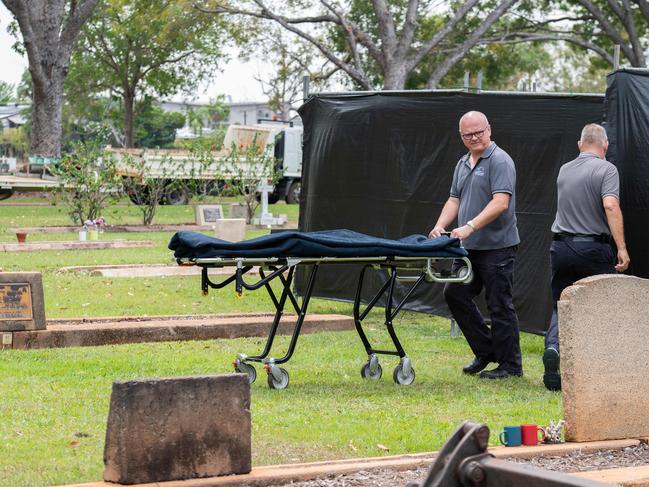
WAS THE BODY EXHUMED?
Yes – a coroner ordered the remains be dug up for testing after it become clear there was a legitimate chance of discovering the baby’s identity.
WHAT WILL HAPPEN NOW?
NT Police Detective Glen Chatto said the body would be kept at the morgue until a DNA match was made, but could not say if or when that was expected to occur.
WHAT TESTS WILL BE DONE ON THE REMAINS?
One of Australia’s leading criminologists, Dr Xanthe Mallett, said a DNA profile should be able to be obtained from bones.
“They should still be able to get full profile … But then yes, it’s once they have that profile, how good is the DNA that they’re matching it to in terms of how close a relationship [and] what are the complications within that relationship?”
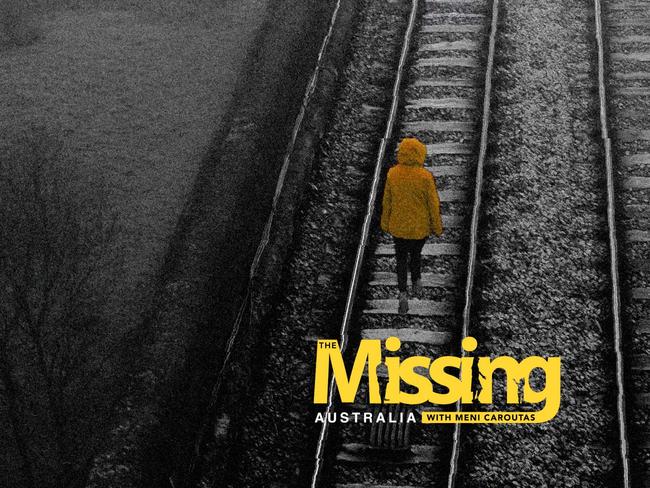
WILL THAT BE ENOUGH TO PROVE WHO IT IS?
Possibly, but it’s complicated by not having the maternal or paternal DNA to match the infant with.
“One of the parents is ideal, but because it’s a sibling that is more problematic. And also a half sibling – they only share like 25 per cent of their DNA,” Dr Mallett said.
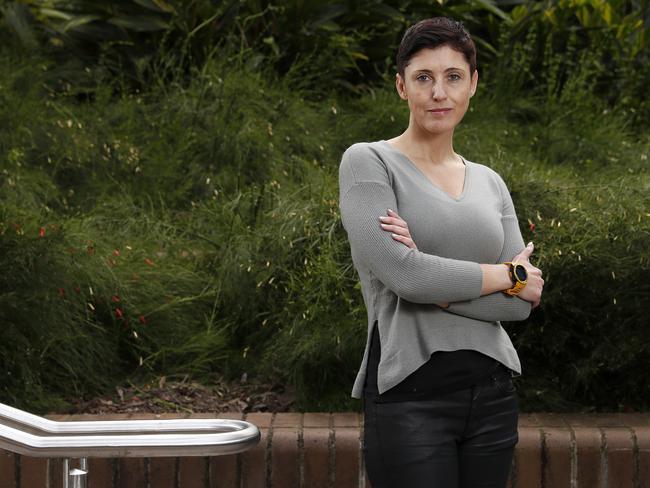
WHAT COULD THE RESULTS SHOW?
“So any results, I imagine will not be conclusive. They will look at probabilities of there being a shared fatherhood and it will come down to that basically,” Dr Mallett said.
WHAT ARE NEXT STEPS AFTER THE DNA TESTS?
It would then fall on the coroner to accept if a family link had been proven.
Dr Mallett said: “The coroner may accept it but given the circumstances and the length of time, then it’s really going to be up to them to determine if they are happy with whatever statistical analysis comes back, but it’s not going to be as conclusive a mother to child.”
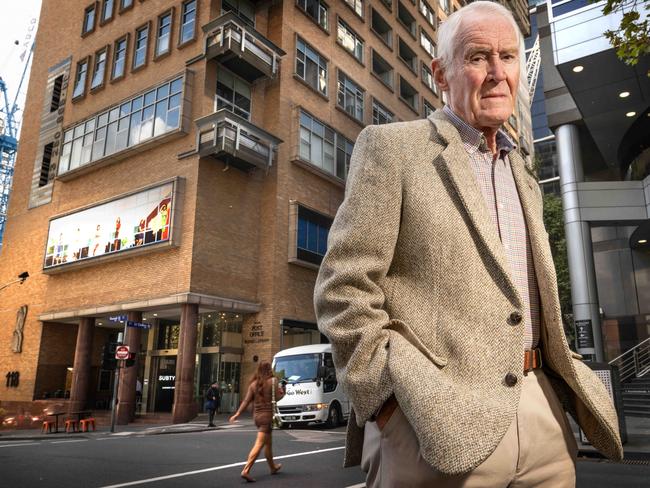
ARE THERE OTHER WAYS OF PROVING WHO IT IS?
Dr Mallett said there were only three ways to identify someone – DNA, dental or fingerprints.
“And we obviously won’t have the dental or fingerprints to match the child directly to.”
WHY IS THE MOTHER THE PREFERRED PARENT TO TRY AND MATCH WITH?
An added complication was often people didn’t share the same father.
“So you will always go to the mother first, certainly because that is pretty much guarantee between our siblings if they share a mother. I’m not disparaging this family in any sense at all, but it’s just less assured when it’s just the father,” Dr Mallett said.
ARE THERE OTHER WAYS OF MAKING THE FINDINGS MORE CONCLUSIVE?
Dr Mallett said testing more than one sibling could help.
LISTEN TO THE MISSING PODCAST WITH MENI CAROUTAS
More Coverage
Originally published as Baby in the post case could finally be solved by DNA





